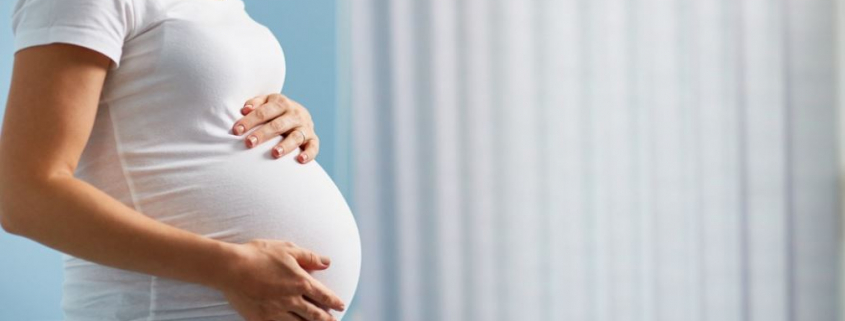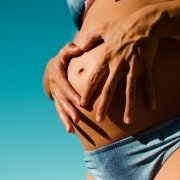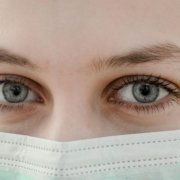New Study Shows Covid-19 Vaccines in Pregnancy Are Safe for Mom and Baby
CDC director recommends pregnant people get vaccinated.
More than 3.7 million people give birth in the U.S. every year. And this year, of course, a pandemic prevails. As a result, pregnant people and OB-GYN doctors like me are tracking the research on Covid-19 vaccination in pregnancy.
The most extensive study to date, published in The New England Journal of Medicine, provides more evidence that the Pfizer and Moderna mRNA vaccines are safe and effective during pregnancy for both mom and baby.
Health providers celebrated the Covid-19 vaccine Emergency Use Authorization (EUA) by the U.S. Food and Drug Administration (FDA), but the initial clinical guidance for vaccinating pregnant people was unclear.
On December 11, 2020, the Advisory Committee on Immunization Practices (ACIP) issued an interim recommendation allowing vaccination of those 16 years and older, but the guidance did not include specific recommendations during pregnancy. Pregnant women were not included in initial Covid-19 vaccine trials.
On December 13, 2020, the American College of Obstetricians and Gynecologists (ACOG) issued a strong response advocating for the inclusion of pregnant women in a practice advisory. ACOG was clear in its clinical guidance: pregnant and breastfeeding people should not be left out.
The New England Journal of Medicine then published “Preliminary Findings of mRNA Covid-19 Vaccine Safety in Pregnant Persons.” The study authors analyzed data over three months from December 14, 2020 to February 28, 2021. The researchers pulled information from three large databases: the v-safe after vaccination health checker surveillance system, the v-safe pregnancy registry, and the Vaccine Adverse Event Reporting System (VAERS).
This post-authorization monitoring paper analyzed 35,691 participants to help establish the mRNA vaccine safety profile and guide public health policy.
Research showed the pregnant people experienced similar side effects as nonpregnant people after receiving the vaccine. The most common symptoms were injection-site pain, fatigue, headache, and muscle aches.
Pregnant recipients reported higher rates of nausea than nonpregnant people after the second mRNA vaccine dose.
The study did not show an increase in poor pregnancy outcomes. Miscarriage, stillbirth, and preterm birth rates were not higher in those who received a Covid-19 vaccine. The data did not show an increase in fetal growth problems or birth defects. These findings are important as women’s health providers combat online misinformation spreading false links of the vaccine to poor pregnancy outcomes.
This large analysis showing the safety of the mRNA Covid-19 vaccines by Moderna and Pfizer is great news for pregnant people worldwide. The CDC director, Rachel Walensky, stated during a press briefing that she “recommends that pregnant people receive the Covid-19 vaccine.” (NOTE: the CDC website has not yet been updated to reflect this statement.)
Much remains unknown about the novel coronavirus’s effects on pregnant women and babies. New research shows most pregnant women with Covid-19 do well but have an increased risk of ICU admission and preterm labor.
Previous research from Brigham and Women’s Hospital and Massachusetts General Hospital verified that pregnant people develop an appropriate antibody response after vaccination.
Scientists have shown already that moms pass protective antibodies to their baby after a natural Covid-19 infection. This NEJM paper adds to the growing body of evidence supporting the safety and efficacy of Covid-19 vaccination during pregnancy and lactation.
Thank you Medium Coronavirus Blog for publishing this article on Medium.
Blog Author: Dr. Jeff Livingston
Main Blog Photo By: shironosov Istock/Getty Images













